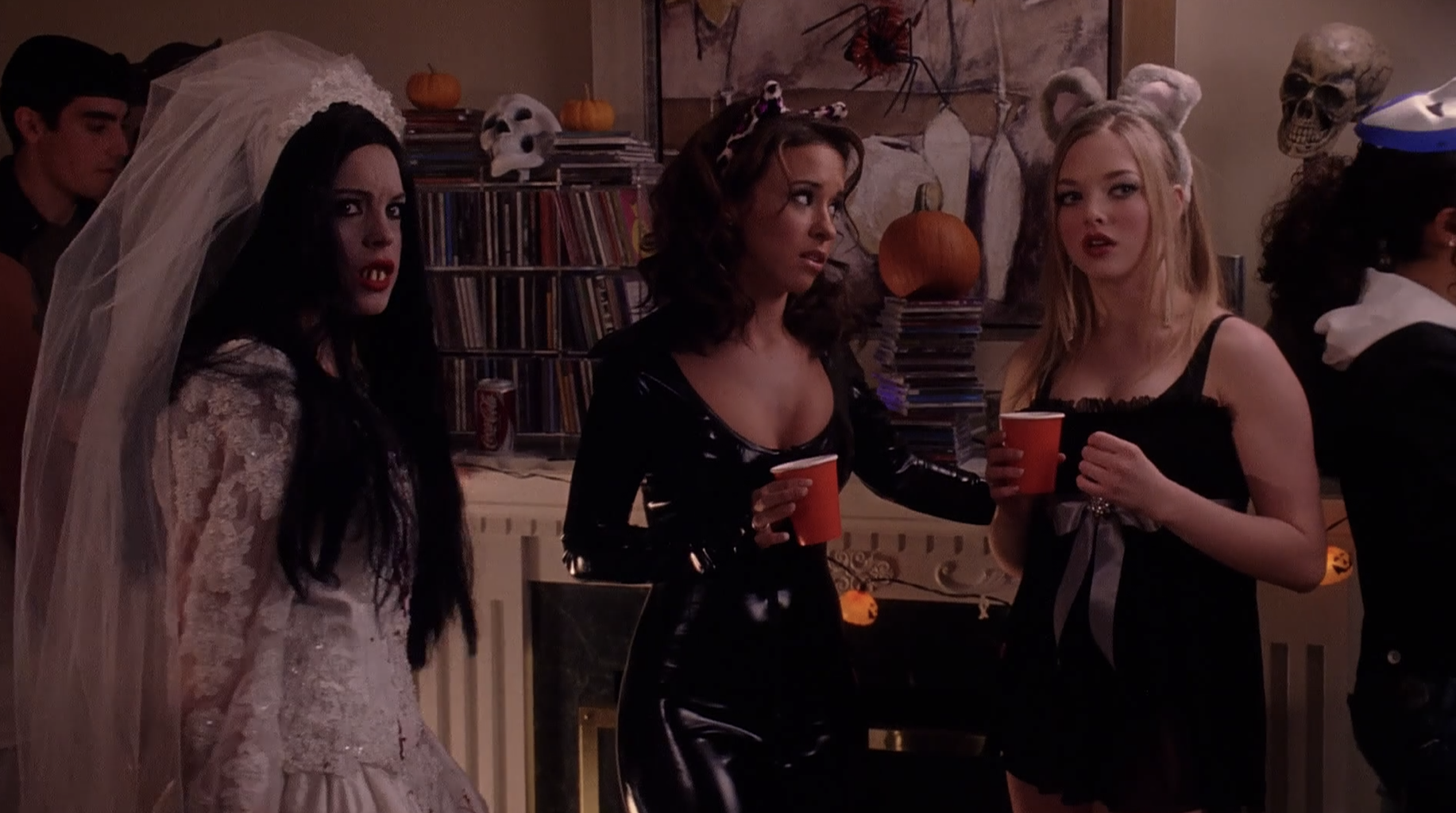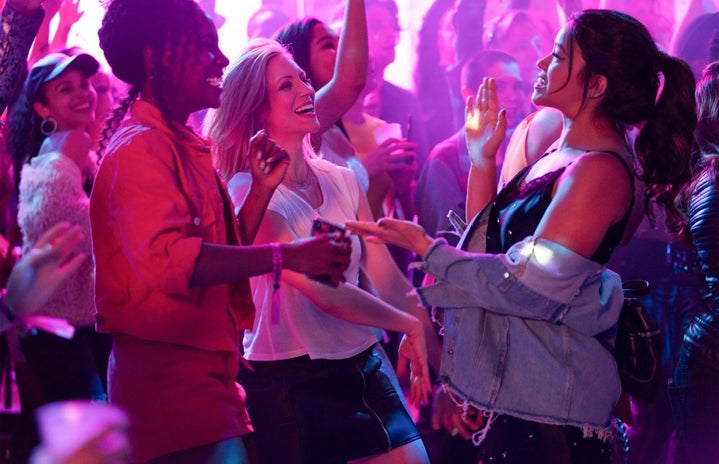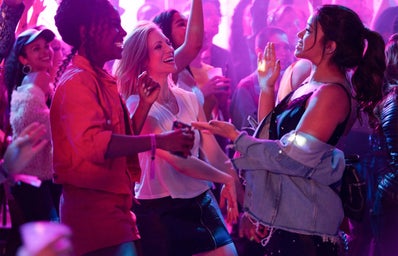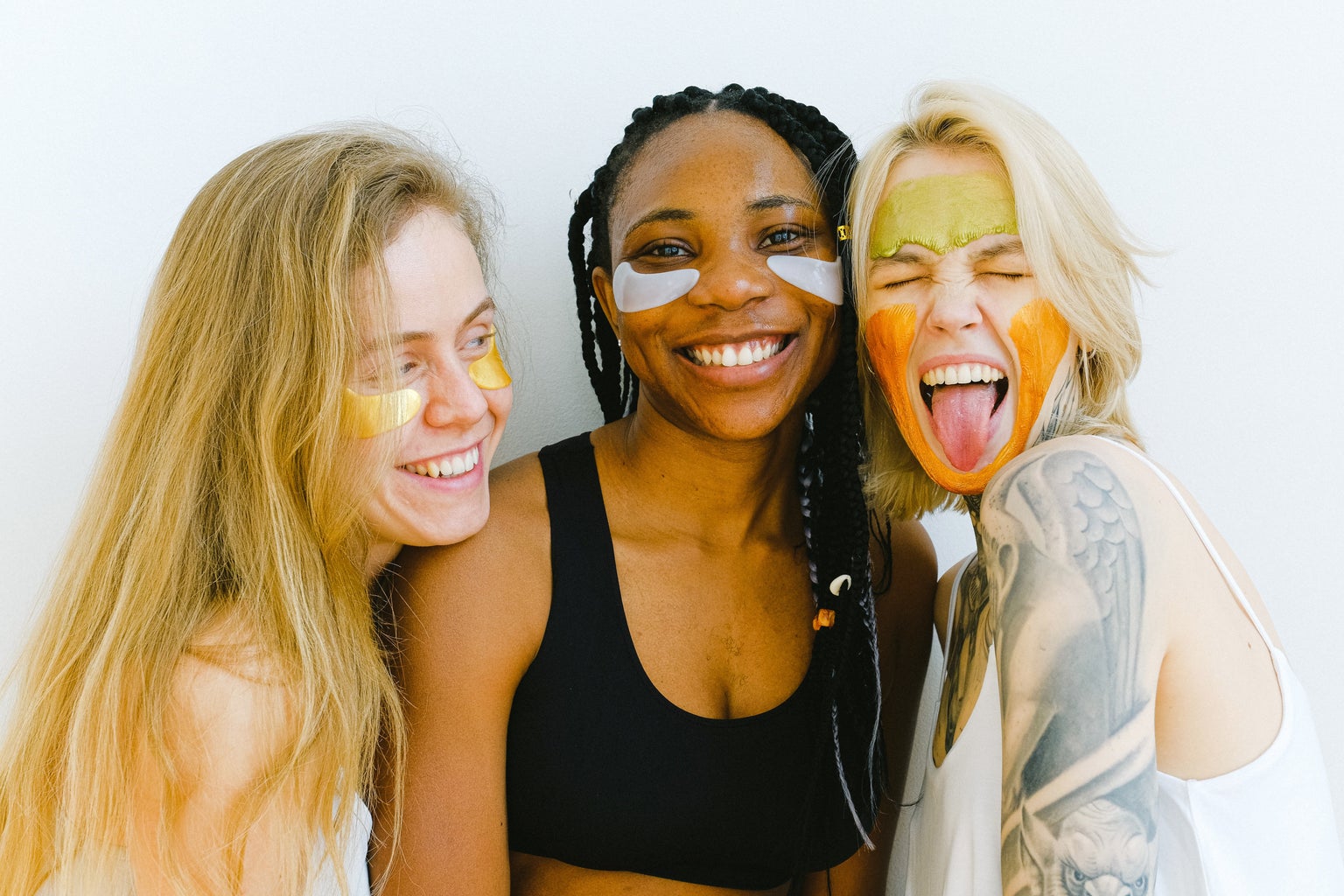The discussion of ‘pretty privilege’ has exploded in online commentary spaces, seeping its way into the mainstream media. While the advantages of beautiful people are being dissected, there’s one benefit missing from the conversation: hot people are allowed to be weird.
The stereotypes of ‘weird,’ ‘quirky,’ and ‘strange,’ usually fall upon people who are also considered to look that way. You know, nerds wear glasses, jocks wear varsity jackets, and popular kids wear a pearly white smile. By the time we get to college, we have a more nuanced idea of the cliques from those 2000s teen flicks — but it’s natural to take hints from each other’s looks to predict our personalities. And meeting a conventionally hot person with an overwhelmingly eccentric personality can be unpredictable.

It’s no secret in the world of social psychology that the more physically attractive a person is, the more inclined we are to like them. The Halo Effect explains how we can notice one positive character trait about someone and consequently have an overall positive perception of them. So, when people identify someone as physically attractive and feel this veil of favorableness towards them, it can be almost refreshing when they show strange personality traits. Not only did they meet your material standards, but they’ve surprised you with a character unlike the stereotypical ‘hot person.’ Pretty people are not just getting away with being weird, they’re encouraged to be weird. It makes them approachable, humble, and interesting.
This experience contrasts that of someone who lacks conventional beauty but has the same quirky personality. If they don’t meet societal beauty standards, they are encouraged to instead act like a ‘hot person’: cool, outgoing, ordinary. How ironic that every day, we make character assumptions based on each other’s looks, and yet, every day, we promote a contradiction between appearance and personality.
Jennifer Lawerence is famously quirky. She’s practically known for her awkward personality as much as her acting. And, as most celebrities are, she’s very conventionally attractive. This combination has led Lawerence to be viewed as one of the most approachable and relatable A-list celebrities of our time. Watching her interviews feels like watching a friend. Then, you have someone like Jennifer Garner. She’s a beautiful and talented woman who has not publicly placed emphasis on any unusual characteristics or weird personality traits. One of these two Jennifers feels much more interesting to the public than the other — though the foundation of this judgment is simply a guess based on their media exposure. The same goes for people like Ryan Renolds vs. Brad Pitt, or Nicki Minaj vs. Iggy Azalea. The hot, rich, and famous are intimidating, but the more eccentric ones feel approachable and maybe even more accessible.
Pretty privilege is not a new phenomenon and it’s not going away. But identifying and understanding the impacts of appearance is vital, especially on these content-based platforms where looks rule all else. How do we judge others and how do those opinions affect our understanding of the whole person? There’s an inherent relationship between how we perceive looks and then character, whether it be a celebrity, Instagram model, or the people around us. We crave beauty with a side of relatability. We love hot and wacky people because they appear god-like, but they act just like us.
Can’t get enough of HC UMass Amherst? Be sure to follow us on Instagram, listen to us on Spotify, like us on Facebook, and read our latest Tweets!



